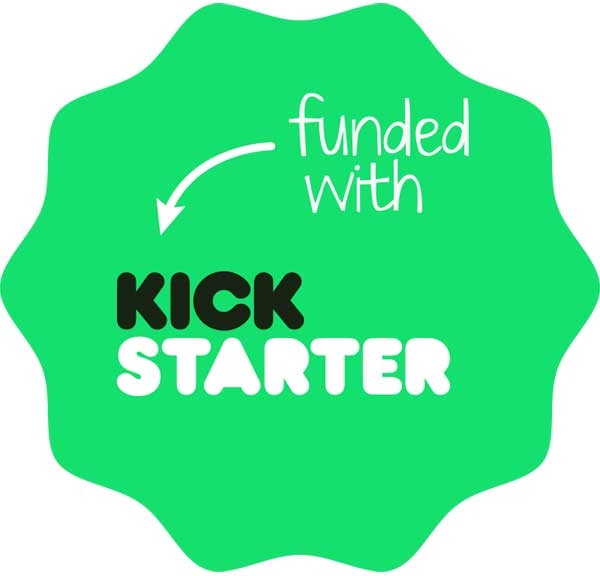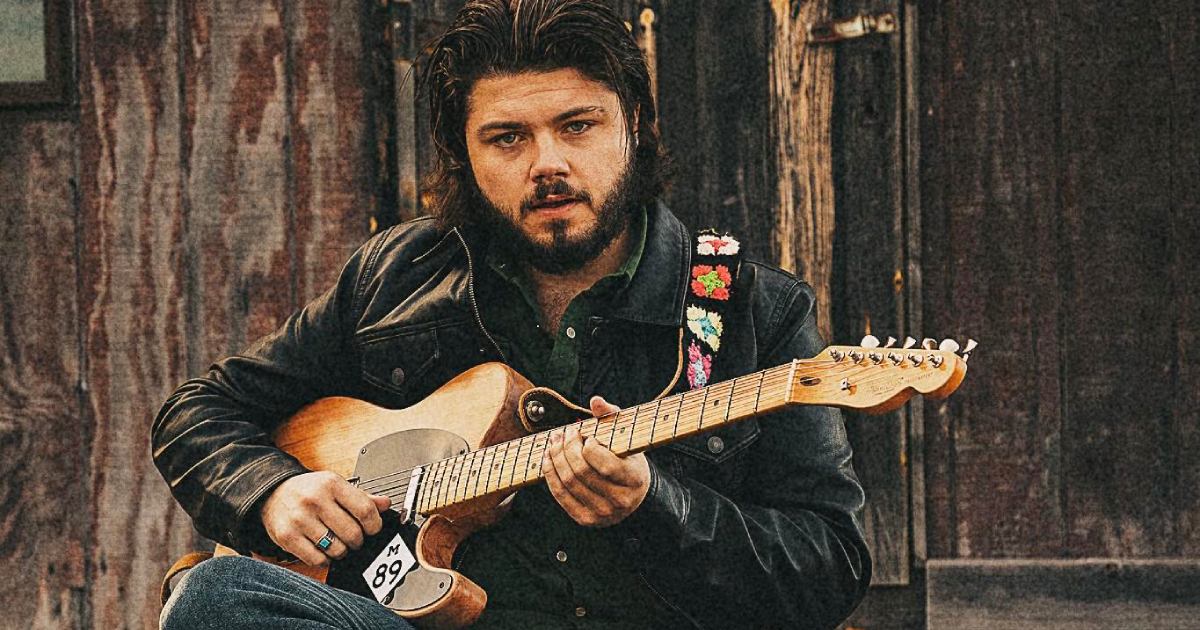When Grand Rapids-based musician Jake Stilson decided to turn to crowdfunding as a means of recording his 2013 release, Stilson Shmilson, he found himself as one of many artists -- locally and nationally -- trying out the relatively new method.
Crowdfunding -- typically thought of as artists offering some form of gift in exchange for upfront funding for a creative project -- has been increasing in popularity for a number of years. Popular platforms for the socially focused endeavor include Kickstarter and Indiegogo.
Area artists such as Stilson say while they have had success with crowdfunding as a means of funding higher-quality projects, they acknowledge their issues. Stilson, however, is hopeful that some of those will be worked out, allowing for a meritocracy of talented musicians.
“Once the kinks get worked out, good artists will float to the top,” Stilson said. “Artists will be the new label, people will be the new label. ... I guess I’m being really idealistic about saying this ... but there is still going to be Top 40 music.”
He added the crowdfunding method will allow for less-mainstream artists to sustainably fund their projects.
Area musicians say the number of different “portals” -- the actual sites that serve as the go-to spot for artists to share their projects and collect money -- offer a variety of pros and cons.
For instance, Stilson went with Indiegogo, citing the ability to “aim high,” referring to how the site allows musicians to set their own funding goals and not have to return money should the goal not be met. That method is directly opposite to the methodology employed by Kickstarter, ranked by Forbes as the number-one crowdfunding portal in a 2013 report, with Indiegogo coming in second.
Kickstarter makes users define a goal -- or an “all or nothing” approach -- and should the artist fail to hit it, the money is returned to donors and the artist collects nothing.That approach is what drew West Michigan musician Jim Alfredson to the service.
“I decided to use Kickstarter because of its reputation and the all-or-nothing approach to funding that it requires,” Alfredson said. “In other words, you either raise your entire goal or you don't receive any money and none of your backers are charged.”
The West Michigan musician, who has used the service to fund a number of musical projects, such as his band Organissimo and a solo project called Dirty Fingers, highlighted two reasons why he liked that approach.
“It lights a fire under people to get involved, and you're not stuck producing a product for people on way less of a budget than you need,” he said.
While crowdfunding for projects such as Alfredson’s and Stilson’s increasingly gain momentum around the West Michigan area, spokespeople for crowdfunding portals said the method is on the rise for musicians all around the country.
According to Kickstarter's own data, more than 30,000 music projects have launched using the site, raising north of $114 million. These statistics put the music category as Kickstarter’s second most popular category in terms of launched projects, behind “film and video.” Despite being near the top on Kickstarter’s overall launched projects, music was trailing in terms of overall dollars. Data provided by Kickstarter shows music projects ranked fifth on its list of 15 categories.
Spokespeople at fellow crowdfunding portal Indiegogo told Revue music projects were finding success from its base.
“Artists are using Indiegogo to fund everything from albums and documentaries to tours, music videos, new vehicles and equipment, special edition box sets, side projects and pretty much anything else you can imagine,” said Spokesman Corey Scholibo in an email to Revue.
While declining to share specific metrics, citing company policy, Scholibo said “the amount of funds raised in the music category on Indiegogo have doubled over the last year.”
Many musicians in the West Michigan area generally cite success with their crowdfunding efforts, however several sources admit they dislike asking people for money.
“I grappled with feeling like a beggar,” said Graham Parsons of Kalamazoo-based indie-folk group, Graham Parsons and the Go Rounds. “It's certainly not the most comfortable thing to ask for money publicly, no matter what you need it for, but if it makes people who donate (feel good) to donate, then what the hell?”
Likewise, Stilson said while he raised the money desired for his project, the notion of publicly asking for money for money was bothersome.
“I had to shamelessly talk about (the record) all the time,” Stilson said. “That sucked.”
Despite those overall feelings, area musicians find agreement that the new funding models allow for a significantly better product. Artists count recording, mastering, instruments and packaging as just some of the costs that go into producing and putting out a quality record.
For his 2010 record, The Chip On My Shoulder Propels Mi Forward, singer-songwriter Stilson said he “just got it done as cheaply as possible.” Tapping into both his personal and social networks allowed for a much more “polished” release, he said.
“Modern technology has democratized the artistic process to an almost unimaginable degree,” Alfredson said. “And that's a great thing. But the side-effect is artists no longer have control over the distribution of their music.”
The musician pointed to Organissimo’s 2010 record, Alive & Kickin, saying it was available on torrent sites for free prior to the actual release, due to the band offering free downloads in return for upfront funding.
“That is disheartening and there's nothing that can be done about it,” he said. "So the only viable option is to get the money up front from your fans in order to make the record.”
Much of the asking for funds is done via social media, West Michigan musicians said. Those on Facebook and Twitter have almost certainly seen solicitations from creatives asking for money to fund particular projects.
“The benefit is obvious,” Parsons said. “You can take the time to create without the ominous cloud of financial paranoia looming. I was finally able to pay my friends and music heroes what they deserve for their time and skills. That felt really good. All the money I raised went back into the Michigan music community, including locally produced packaging and design on the final product.”
West Michigan musicians Revue spoke with were seeking varying funding levels for their respective projects. What the artists offered to fans also differed from campaign to campaign. Below is a compiled list of what the artists were looking for, and what they offered.
Stilson: Singer-songwriter Stilson sought to raise $1,500 and received about $800. Some funds were also given in person in cash, he said. The funds went toward album mastering, as he was almost finished recording at the time he started his campaign. Donors got a free record and free admission to the record release show.
Alfredson: Having used crowdfunding to release three separate records -- $12,000 goal for Organissimo, $10,000 for a solo project called Dirty Fingers and $10,000 to help musician Greg Nagy fund a record -- Alfredson has been successful each time. Gifts to donors upon completion of the fundraising goal included CDs, free downloads, bonus tracks, house concerts and guitar lessons, depending on the level of donation.
Parsons: The Kalamazoo-based musician aimed to get $10,000 in his Kickstarter campaign and reached his goal. Gifts to donors included free digital music, vinyl and CDs, personal house shows, free tickets to Cedar Point and VIP passes to Farm Block Fest, a festival held in the Upper Peninsula.





